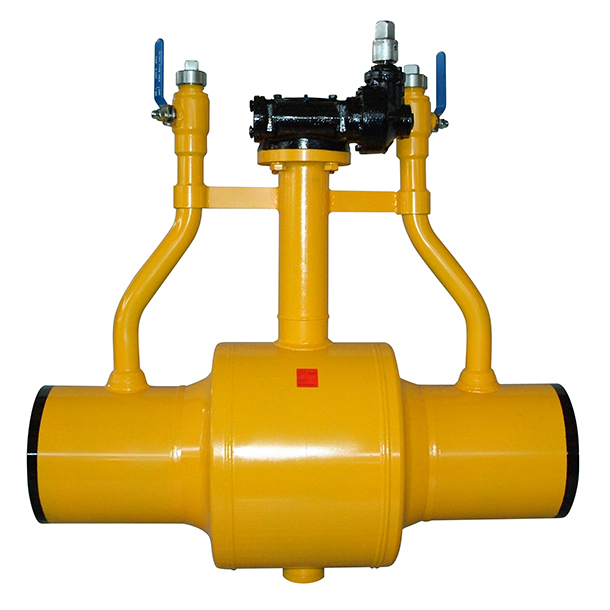304 stainless steel ball valve
Overview of 304 Stainless Steel Ball Valves
304 stainless steel ball valves are pivotal components in various industrial applications due to their durability, resistance to corrosion, and excellent sealing capabilities. Made from a high-quality austenitic stainless steel, these valves are designed to control the flow of liquids and gases in pipelines, making them essential in sectors such as oil and gas, water treatment, food and beverage, and chemical processing.
Composition and Properties
The 304 stainless steel alloy consists primarily of iron, with about 18% chromium and 8% nickel. This composition grants the alloy excellent resistance to oxidation and corrosion, particularly in environments that involve exposure to moisture and various chemicals. One of the key properties of 304 stainless steel is its ability to withstand high temperatures, making it suitable for applications that involve thermal variations. Additionally, it exhibits good mechanical properties, such as tensile strength and ductility, which contribute to the reliability of the ball valve over time.
Design Features
A ball valve consists of a spherical disc (the ball) that rotates to either allow or prevent the flow of media. In a 304 stainless steel ball valve, the ball is typically chrome-plated to enhance its durability and provide a smoother surface for better sealing. The valve body is often welded or bolted together, ensuring a tight fit that prevents leaks. The design also includes seats made from materials like PTFE (Polytetrafluoroethylene) that enhance the sealing performance, making these valves efficient at regulating flow.
Advantages of 304 Stainless Steel Ball Valves
1. Corrosion Resistance One of the primary advantages of 304 stainless steel ball valves is their incredible resistance to corrosive environments. This feature extends the lifespan of the valves and reduces maintenance costs due to fewer replacements needed.
304 stainless steel ball valve

2. Versatility These valves can handle a wide range of fluids and gases, including water, steam, air, and various chemicals. This versatility makes them suitable for diverse applications across multiple industries.
3. Ease of Operation Ball valves feature a simple quarter-turn operation, allowing for quick open or closed positioning. This ease of operation is crucial in applications requiring rapid response times.
4. Excellent Flow Characteristics With a streamlined design, ball valves allow for minimal pressure drop and turbulence within the flow path. This efficiency makes them ideal for applications requiring high flow rates.
5. Safety The robust construction of 304 stainless steel ball valves ensures safety in critical applications. Their reliable sealing capabilities minimize the risk of leaks, which can be particularly hazardous in process industries.
Applications
304 stainless steel ball valves are utilized in a multitude of industries. In the food and beverage sector, they are used to control the flow of ingredients, ensuring hygiene and safety. In chemical processing, they manage hazardous materials, providing a secure solution to prevent leaks. Moreover, their application in HVAC systems underscores their importance in maintaining efficient and safe building operations.
Conclusion
In summary, 304 stainless steel ball valves are integral components in many industrial applications due to their exceptional properties and advantages. Their corrosion resistance, versatility, and reliable performance make them the go-to choice for professionals seeking efficient flow control solutions in various environments. As industries continue to evolve, the demand for high-quality valves like those made from 304 stainless steel will undoubtedly grow, reinforcing their importance in modern engineering and manufacturing processes.
-
3-types-of-check-valves-maintenance-tipsNewsAug.23,2025
-
ball-valves-types-with-trunnion-mounted-designNewsAug.23,2025
-
butterfly-valve-company-production-capabilitiesNewsAug.23,2025
-
fisher-globe-valve-technical-specificationsNewsAug.23,2025
-
types-of-gaskets-for-flanges-selection-guideNewsAug.23,2025
-
wedge-gate-valve-suppliers-quality-standardsNewsAug.23,2025
-
Breakthrough in Domestic Low Temperature Valve Technology in ChinaNewsAug.18,2025




